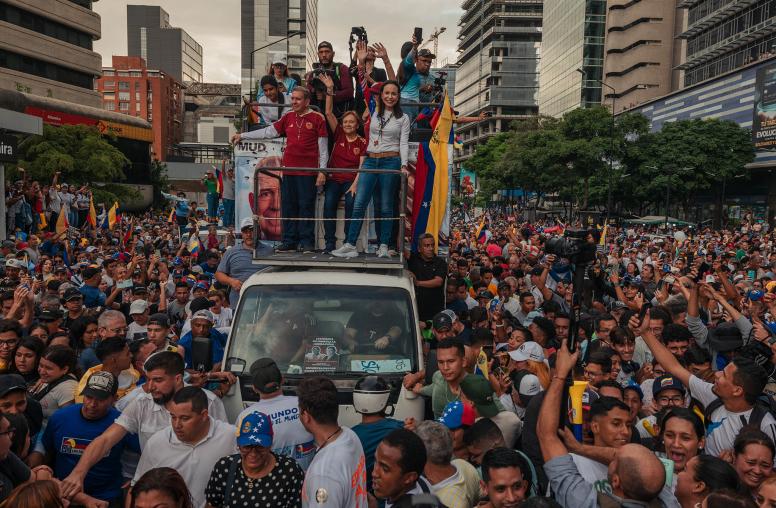The autonomous region of Bougainville in Papua New Guinea (PNG) is entering a new phase in its quest for peace, almost 20 years after a peace agreement ended a 10-year civil war. Later this year the island will vote in a referendum on greater autonomy or independence from PNG. Unresolved tensions, an unclear referendum timeline, and fears of a return to violence will all impact this tense election process.

With its independence referendum scheduled in October, the island home to 230,000 people enters the final stage of the Bougainville Peace Agreement, signed in 2001 after a bloody civil war. Disputes over the adverse environmental impacts of mining and a failure to share the financial rewards with the local population led to the formation of secessionist movements in the late 1980s, most notably the Bougainville Revolutionary Army. Activists proclaimed independence in 1975 and 1990, but were violently suppressed by PNG forces, supported by private contractors. The conflict culminated in a civil war that cost an estimated 15,000 to 20,000 lives.
Risks of Violence and the Perils of Referendums
The referendum could be a trigger for renewed violence since many longstanding tensions have not been addressed. Bougainvilleans remain divided on the issue of independence and the exploitation of its natural resources. In 2015, the Bougainville Government imposed an indefinite moratorium on renewing the license of the Panguna copper mine citing fears of renewed civil violence.
Weapons also continue to circulate widely on the island, leading PNG Prime Minister O’Neil to suggest that the conditions for holding the referendum have not been met. The PNG government has cast doubt on the referendum, arguing that further progress is needed first on consolidating the rule of law, maintaining functional government structures, and disarming the island’s militias.
Originally scheduled for June 15, on March 1 PNG Prime Minister O’Neil and Bougainville President John Momis postponed the referendum to October 17, 2019. In a joint statement, they cited underfunding and delayed voter registration as the reason for postponement. While this delay will not impact the broader peace process schedule, the postponement has the potential to further increase tensions and reduce the legitimacy of the result.
Referendums allow for direct democratic engagement in political decision-making and can establish a broad popular base for controversial decisions. At the same time, referendums are often accompanied with antagonistic campaigning, and may push ill-informed voters to make binary decisions on complex issues. Societal divisions may further deepen and tensions could escalate, particularly in countries at risk of violence. When the result is close, competing camps will face difficulties accepting the results.
It is unlikely that the challenges in remote Bougainville will arrive on the radar of many election watchers or peacebuilders in the United States and Europe. Australia and New Zealand, however, will closely monitor preparations for the poll, the risk of civil unrest, and the response by Papua New Guinea. After the vote, results must be endorsed by the PNG National Parliament.
While the referendum could allow for meaningful self-determination and a new step toward sustainable peace for the people of Bougainville, its impact on the peace process and political stability remains highly uncertain.


